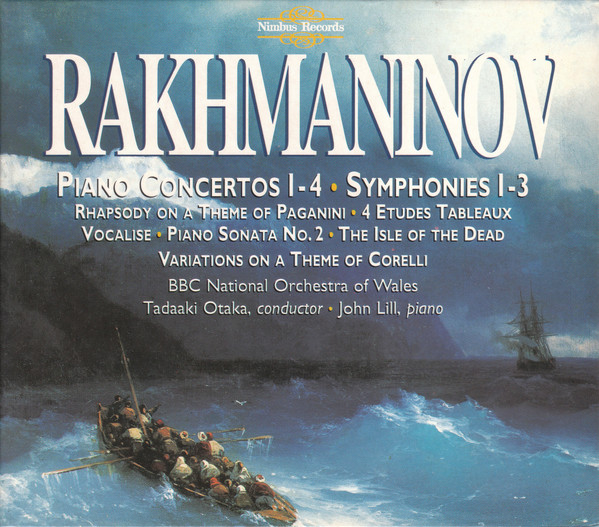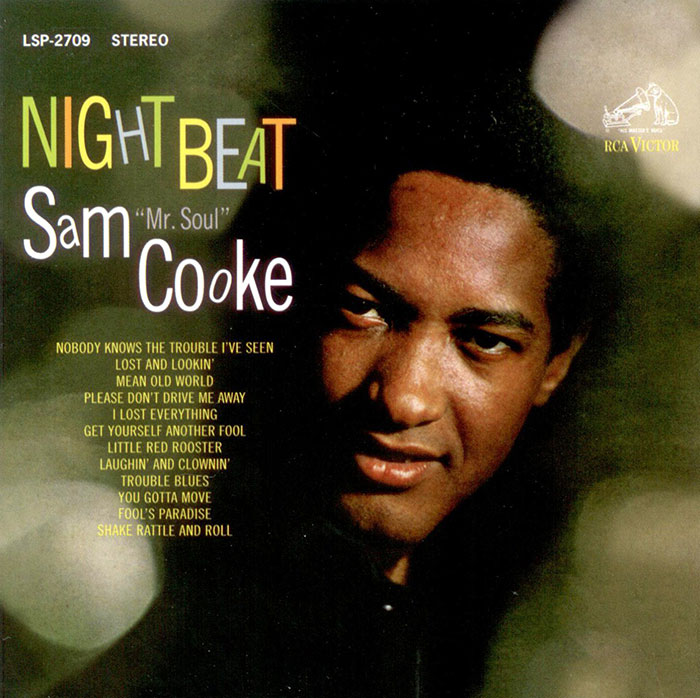Logowanie
Dziś nikt już tak genialnie nie jazzuje!
Bobby Hutcherson, Joe Sample
San Francisco
SHM-CD/SACD - NOWY FORMAT - DŻWIĘK TAK CZYSTY, JAK Z CZASU WIELKIEGO WYBUCHU!
Wayne Shorter, Freddie Hubbard, Herbie Hancock, Ron Carter, Elvin Jones
Speak no evil
UHQCD - dotknij Oryginału - MQA (Master Quality Authenticated)
Chesky! Niezmiennie perfekcyjny
Winylowy niezbędnik
ClearAudio
Double Matrix Professional - Sonic
najbardziej inteligentna i skuteczna pralka do płyt winylowych wszelkiego typu - całkowicie automatyczna
RACHMANINOV, Peter Thomas, David Juritz, BBC National Orchestra of Wales, Tadaaki Otaka
Piano concertos 1-4 / Symphonies 1-3 / Rhapsody on a theme of Paganni / Études tableaux / Vocalise / Piano sonata no. 2 / The isle of the dead / Variations on a theme of Corelli
- BBC National Orchestra of Wales - orchestra
- Tadaaki Otaka - conductor
- Peter Thomas - piano
- David Juritz - piano
- RACHMANINOV
Reviews How one thing leads to another. If you like this you might like that. So it has come about that two boxes from Nimbus have come to attention and reappraisal. It all started with the Lill/Otaka Nimbus set of the Rachmaninov piano concertos which included some other things. I was very impressed pretty much all-round and so was John Quinn. Otaka's BBC Welsh Orchestra sounded stunning and idiomatically Russian in the grandest of traditions. Could his approach to the symphonies be of similar standing and were these works as wondrously recorded by the Nimbus team? The First Symphony has a healthy Slavonic weight shot through with characteristic tragic blackness. The solo winds are good and reminiscent of Glazunov. The atmosphere of the Brangwyn Hall is fully captured with every metallic rattle and string-lofted swoon rendered in full. The gong-stroke at the end of movement I resonates into silence. Otaka keeps a hold on propulsion with fine backward and forward tempo changes. There’s a whiplash finale to cap things off – a glorious ruckus. The Second Symphony has a shattering impact. This is a great recording that swells to fill the Brangwyn Hall. There’s a real Russian swell to the sound in II. The feminine solo woodwind are accentuated against the masculine swathes of string sound which are almost suffocating in their pesante density. At 8.15 the solo violin vibrant and fibrous. Such intimate moments contrast with the jubilant roar and swoon of the finale. There's a touchingly sensitive Vocalise to finish CD 2: quietude personified and lovingly paced. Otaka’s Isle of the Dead passes in one epic sustained groan and sigh. The Third Symphony is most transparently recorded which helps in a work that has more than a few moments of delicacy. It is more thoughtful and less impulsive than the other two: the years that bring the philosophic mind? In this sense it differs from the late-ish Fourth Piano Concerto. There are typically good liner-notes from composer John Pickard just as there were for the piano concertos box. A very strong contender indeed and something of a Cinderella in the crowded annals of Rachmaninov symphony cycles. Rob Barnett , Musicweb-international.com



































